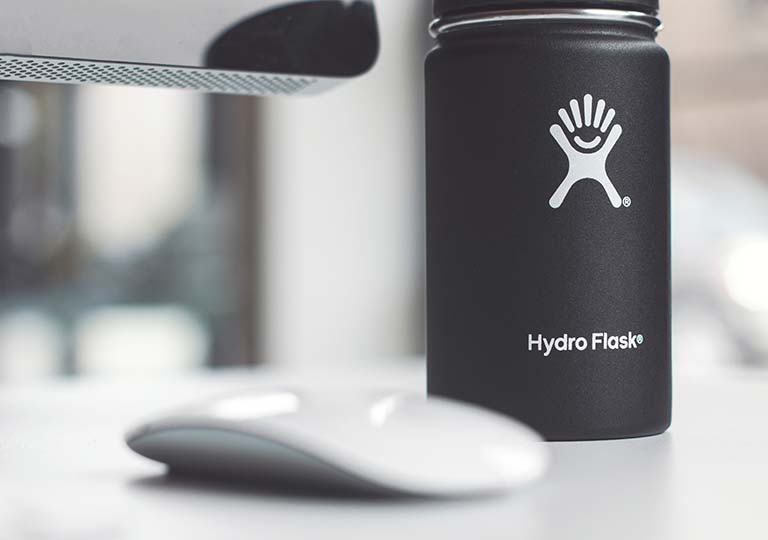With many people fed up with the disturbances around the popular (yet illegal) Stairway to Heaven trail on Oahu, a new bill proposes people on an illegal hike in Hawaii will have to pay for their own rescues.
The Honolulu Fire Department (HFD) responded to a 911 call Monday about an injured hiker who was unable to descend the illegal Stairway to Heaven trail in Kaneohe with 16 personnel and rescue helicopters. A male in his 20s had to be airlifted to a nearby landing zone to receive medical care. Due to inclement weather, his two friends were also airlifted.
Rescues like this frequently occur, especially for this hike. Between 2010 and 2022, over 188 people have been rescued from the hike, also known as Haiku Stairs.
The Haiku Stairs on Oahu is known for its dangerous, steep 3,922 steel steps that wind up the Koolau mountain range on Oahu, to an elevation of 2,800 feet. The heavenly vista from the hike has made it popular on social media – #haikustairs has over 61,400 posts on Instagram.
How are accidents being prevented?
The bill would allow the government to “seek reimbursement for search or rescue expenses” in these rescue cases.
How much do rescues cost?
It costs up to $2,500 an hour for the helicopter, and an airlift usually takes about two hours, HFD said.
The bill, SB786, said that people view Hawaii as “an outdoor playground,” and when hikers ignore warning signs, enter an illegal trail or stray from a marked hiking trail, “it is the State that bears the burden of paying for the costs associated with the search or rescue.”
How do illegal hikers affect the community?
In the month of March 2021, Honolulu Police Department (HPD) cited 93 hikers and arrested six for trespassing the Haiku Stairs.
“The community under the stairs right on the bottom, they’re just sick and tired of trespassing, so there’s no mercy when it comes to those residents,” Awa said.
“You can imagine when you see a helicopter now coming,” he added. “This person came through my yard and trespassed, I don’t like that, and now I’m paying for their rescue helicopter.”
If passed, how would the bill impact rescues?
HPD and HFD both submitted testimony opposing the bill because it may deter people from reaching out for rescues, which could “make the situation worse and further endanger the lives of those persons as well as first responders,” according to HPD’s written testimony.
The two agencies also point out that there’s no current way to figure out how to seek reimbursement.
“People don’t think, they see the social media and it’s beautiful,” Awa said. “It’s like, ‘hey that looks fun.’ Just like this case of maybe being irresponsible … you post this and a lot of people are coming.”








